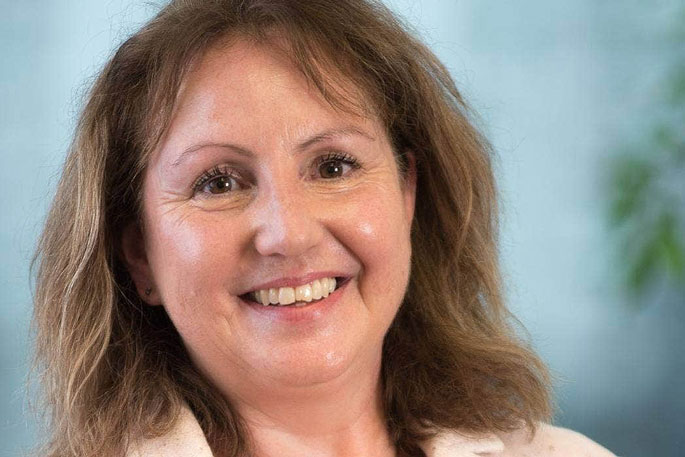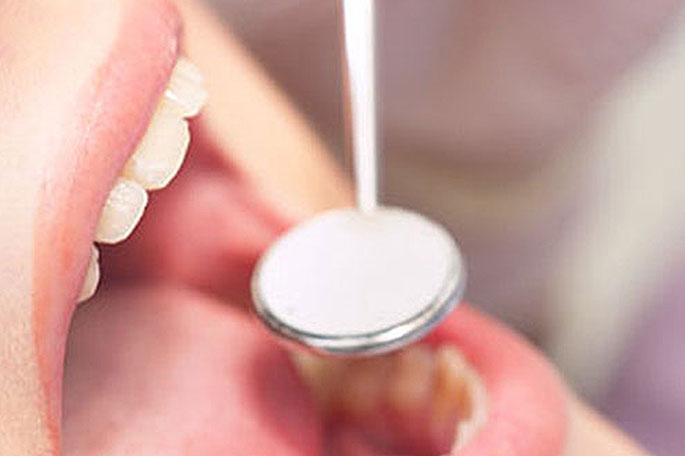A patient says her dentist asked her to put household bleach in her water flosser, and paid $16,000 for treatment which left her teeth in a worse state than their original condition, the health watchdog has heard.
Deputy Health and Disability Commissioner Dr Vanessa Caldwell found a dentist breached the patients’ rights code through his “substandard” treatment of a woman over a three-year period.
She complained that she “endured unbearable physical and psychological suffering and hardship” over that time.
The dentist has been referred to the Director of Proceedings – who can lay a disciplinary charge – for care that was “severely below the appropriate standards in all areas” and for “dishonest conduct” in altering the woman’s records.
The woman underwent dental care at a clinic between 2016 and 2018, including implants, teeth extraction, periodontal care, and purchase of dentures.
The woman had a history of periodontitis, a type of gum disease, and had lost teeth to it previously.
Consultation records noted she saw her mouth as “ugly” and “wanted to smile again” – it was decided she’d have her upper teeth extracted, and get two implants.
Her clinical notes did not show any assurance her periodontitis was under control before her teeth were removed and implants installed.
The report noted that ongoing alterations to her dental prosthesis and hygienist appointments throughout 2017-18 were “making no difference to [her] pain and discomfort”.
Caldwell was “very critical” the dentist did “not address this lack of progress, and left [the woman] in significant pain for over a year”.
The woman said the dentist asked her to use household bleach in her water flosser to clean her mouth and teeth, and she disliked the taste of it.
The dentist told HDC that sodium hypochlorite (the active ingredient in bleach) was a clinically appropriate treatment, and that the treatment recommended was “inexpensive and effective”.
Independent advice said such use was unusual and not recommended as a standard practice.
Caldwell sought the woman’s clinical records to understand treatment provided, but said this process had been “impeded” by the dentist providing two different versions of records.
 Dr Vanessa Caldwell recommended the dentist comply with all restrictions and supervisions of practice imposed by the Dental Council, and that Total Health Dentistry Limited arrange an inspection by an approved evaluator. Photo: Supplied.
Dr Vanessa Caldwell recommended the dentist comply with all restrictions and supervisions of practice imposed by the Dental Council, and that Total Health Dentistry Limited arrange an inspection by an approved evaluator. Photo: Supplied.
She was concerned the dentist “altered” clinical records, without identifying clearly that he did so, and the reasons why.
“The nature of the changes is concerning, and [his] conduct in this regard is unacceptable.”
Caldwell was “very concerned about many aspects” of the dentist’s practice.
“I find that the treatment of the woman’s periodontitis was not of an appropriate standard and that overall the dentist failed to provide services with reasonable care and skill.”
He was also found in breach for not accepting the woman’s written and verbal complaints about his care, and not facilitating a fair, simple, speedy and efficient resolution of her complaint.
The dentist is registered in the general dental scope of practice.
Although he was cautioned by the Dental Council in 2013 and 2014 not to promote himself as a periodontist – as it is a legally protected title – he appeared to have continued to do so during the period of this woman’s treatment, the HDC report stated.
A periodontist is a dentist who specialises in the prevention, diagnosis, and treatment of periodontal disease and in the placement of dental implants.
He told HDC he has a postgraduate certificate in periodontics and, although not registered as a specialist periodontist in New Zealand, his claim to “speciality in periodontology is reasonable”.
The Dental Council register also currently states that he “[m]ay not practise in the General Dental Practice Scope of Practice”.



0 comments
Leave a Comment
You must be logged in to make a comment.